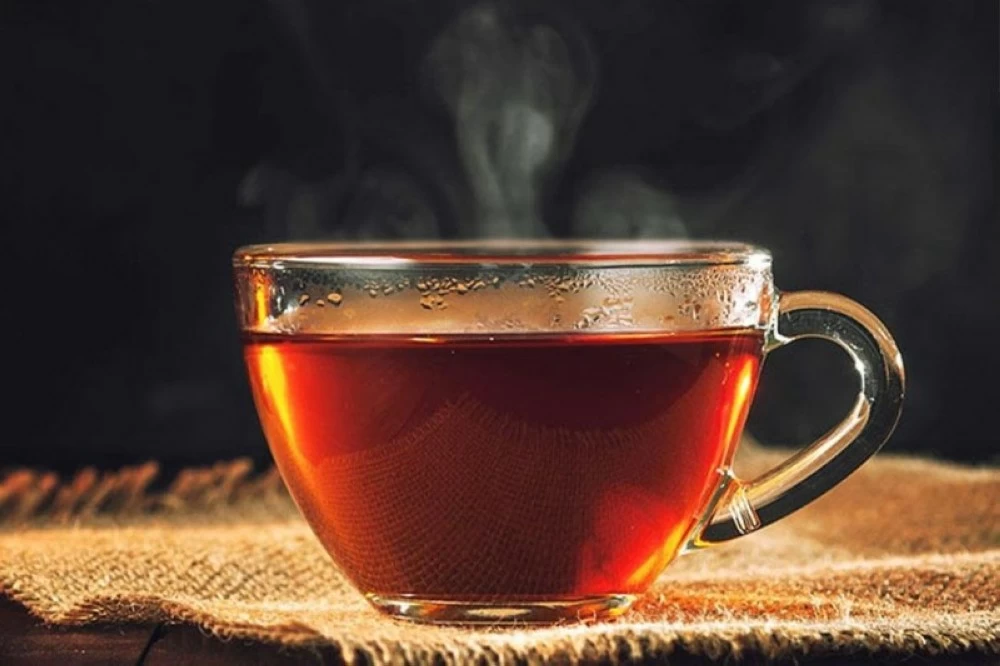احتل المغرب المركز السابع ضمن قائمة أكبر عشرة مستوردين للشاي في العالم خلال عام 2024، وفقاً لتقرير صادر، عن أحد المواقع، نشرته قناة العربية.
وبحسب التقرير، بلغت قيمة واردات المغرب من الشاي نحو 252.1 مليون دولار خلال العام الماضي.
واحتلت باكستان صدارة مستوردي الشاي على مستوى العالم بقيمة واردات بلغت 634.4 مليون دولار، تليها أمريكا بقيمة 578.6 مليون دولار، وإنجلترا بنحو 377 مليون دولار، ثم الإمارات بقيمة 372 مليون دولار.
عنصر محوري
وجاءت روسيا في المركز الخامس بقائمة أكبر مستوردي الشاي بقيمة 350.9 مليون دولار، ثم السعودية بقيمة واردات بلغت 302.6 مليون دولار، ثم المغرب بنحو 252.1 مليون دولار، وألمانيا بقيمة 241.3 مليون دولار، والعراق بقيمة 239.4 مليون دولار، ومصر بقيمة 210 ملايين دولار.
ويعد الشاي المغربي، أو ما يعرف بـ«أتاي»، جزءاً أصيلاً من الهوية والثقافة المغربية، إذ يتجاوز كونه مجرد مشروب ليصبح رمزاً للأصالة وتقاليد الضيافة.
ورغم دخوله إلى المغرب في وقت متأخر نسبياً خلال القرن السابع عشر عبر التجار الأوروبيين، فقد ترسخ الشاي سريعاً في العادات اليومية للمغاربة، ليغدو عنصراً محورياً في الحياة الاجتماعية.
Morocco ranked seventh among the world’s top ten tea importers in 2024, according to a report published by one of the websites and aired by Al Arabiya.
According to the report, Morocco’s tea imports amounted to approximately 252.1 million dollars last year.
Pakistan topped the list of tea importers globally with imports valued at 634.4 million dollars, followed by the United States with 578.6 million dollars, England with about 377 million dollars, and then the UAE with imports worth 372 million dollars.
Key Element
Russia came in fifth place among the largest tea importers with imports valued at 350.9 million dollars, followed by Saudi Arabia with imports amounting to 302.6 million dollars, then Morocco with about 252.1 million dollars, Germany with 241.3 million dollars, Iraq with 239.4 million dollars, and Egypt with 210 million dollars.
Moroccan tea, or what is known as “Atay,” is an integral part of Moroccan identity and culture, as it transcends being just a beverage to become a symbol of authenticity and hospitality traditions.
Although it entered Morocco relatively late in the seventeenth century through European traders, tea quickly became entrenched in the daily habits of Moroccans, becoming a pivotal element in social life.


